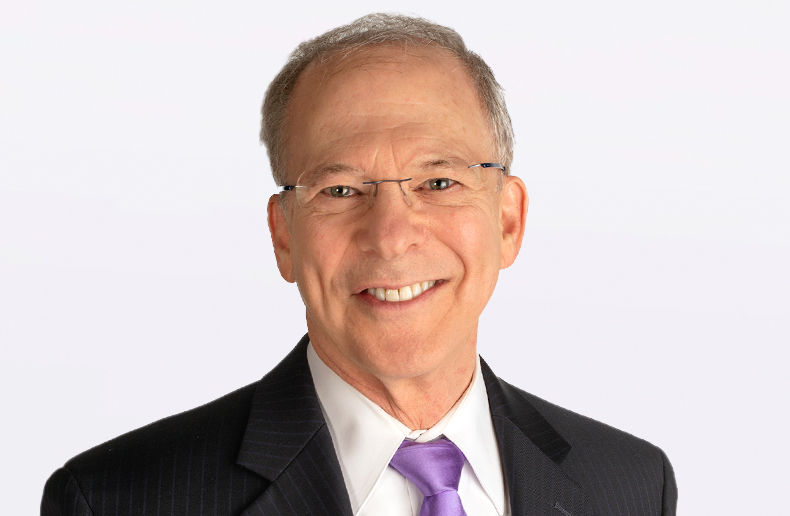How do I increase my average case size so I can be more profitable?
You could be suffering from an infected insurance sales philosophy that’s seriously hurting your business and even your clients. Your business, premium and/or product biases and preconceptions might be holding you back from doing a fully professional job and increasing your case size. Your sales philosophy prejudices your recommendations and that’s fine when it helps but not when it hurts you both. You could be under-recommending case size and premium based on your personal opinion regardless of the interests of your client.
The result is artificially smaller sales, less satisfied clients due to bad client/product matching and possibly poorer policy retention because of it. What you believe your clients can or should afford to pay, how much is enough or too much or what they will decide to buy, dictates what you decide to offer them. Here’s how to give your clients a say in the matter:
- Do you only like universal life for permanent estate needs and recommend it without offering whole life as an option? You may like UL’s flexibility and market upsides and then assume your clients should too – without checking first. If you’re wrong, you’ve lowered your case size and maybe disadvantaged your client.
- Maybe you think whole life is the only option for all insurance needs and end up under protecting families? This preconceived notion can also lower case size because, while it might be a challenge to sell a hefty premium on a smaller whole life plan, a much larger case could make enough sense to a client to pay more. Another client disadvantage.
- Do you only sell term insurance because you “know” prospects cannot afford more? If you think that no one can or should pay more than X dollars per month and then don’t recommend more, you may be doing your client a disservice and lowering case size.
- Do you believe there is only a set percentage of income that a client can pay for insurance? If you do, without checking client thinking first, you will undersell needs and minimize case size automatically. Remember, your prospects are the same people who can spend much more each year for satellite television or cell phone service than insurance.
- Does the common habit of minimizing insurance need in an analysis by liquidating existing assets affect you? Imagine if car insurance was reduced by liquidating RRSPs? Clients are not obliged to liquidate their existing assets rather than buy insurance to cover their needs. Give prospects the option of insuring their full need and letting their family keeping their hard-earned extra assets as a reward for decades of effort. Their reaction might surprise you.
- Some advisors never sell living benefits because of their problems with underwriting, regardless of client need. Living benefits prevent living death. Give prospects the option of adjusting their budgets to protect themselves. Not doing so lowers your case size.
You will only “sell” until you hear an insurance philosophy with which you agree. If you want bigger cases, you must think bigger – and compliantly of course. The broader your thinking, the larger your case size will be.
How do I work “smart” and not “hard”?
It’s the biggest lie in the business. “You can work smarter so you don’t have to work hard anymore”. It may be a common axiom but I’m sorry to tell you that it is wrong. Falling for it means you will never achieve your best.
Yes, when you get more business experience you do get “smarter” because you know what works and what doesn’t. You have less trial and error to experience. You have less wasted effort. You make fewer mistakes and your effort is rewarded more often and more consistently. The job does seem easier – less hard, if you will. But cutting down on your effort in favour of being smart, is counterproductive. You will not be your best.
When you are a newer advisor, probably working hard but not getting a great return for your effort (yet), you want to believe that the hard work will stop or slow down one day. Then, the magic of “smart” can cut in and you will be on easy street. It’s compelling and hopeful but it’s a serious mistake. If you want to excel, you need the effort.
I’ve worked with hundreds of top advisors and the reality is that industry icons work both smart and hard. To them, success is not about one or the other. It’s about both to maximize performance.
Working HARD means putting in the effort. That means talking to a lot of people, asking for a lot of appointments, facts and purchases. They keep asking. I know Top of the Table producers who arrange and put on 25 seminars per year. Some still make cold calls every week. Others make 25 prospect phone calls each day before noon. They all have hundreds of sales, not dozens. These people work long and hard to give themselves the best chance at high performance.
Yes, many icons take time off to enjoy the fruits of their labour but when they work, they go at it hard. Icons know that top effort is a priority for top performance. They don’t walk. They run.
Icons know the secret. Effort leverages SMART. The greater the effort, the greater the leverage and the greater the results. The formula is: SMART X HARD = RESULTS. Thinking you can violate this law of effort will keep you in the small money for a lot of years. I tried. Don’t do it.
Instead, keep up your effort as you develop your knowledge of your business and prospects and you will become the best you can be. As you get smarter – regrettably, usually by doing “dumb things” - your effort will leverage your growing expertise – your “smartness” and you will outperform.
Not everyone can do smart. But everyone can do hard. Working hard is the great equalizer and accounts for outstanding success.
Working hard is smart. As the late Jack Kinder said, “Honest intelligent effort is always rewarded – eventually and you never know from where.” If early in your career, you do more than you are paid to do, later you will get paid for much more than you do… so long as you keep doing.







